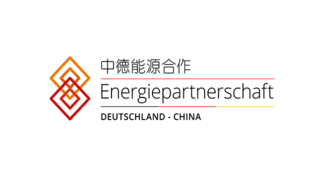Pursuing a Low-Carbon Rural Energy Transition in China and Germany
Keywords: Rural Energy Transition,Low-Carbon Strategies
Sino-German Energy Partnership | Study published: May 2022
For this study, the Sino-German Energy Transition project brought together scholars of energy modelling and rural ecology to examine the question of how clean energy technology will affect the energy flows and carbon emissions of rural areas in Germany and China. This report describes the results of case studies of two rural villages/towns—Dongqiaotou in Shandong province, China, and Schwaig in Bavaria, Germany—to examine the question of how to accelerate the clean energy transition in areas, and to identify the potential for rural communities to become more self-sufficient in their energy supply to enhance resilience and lower network costs.
The rural energy transition is an important policy priority for both countries, given that rural communities have an important positive contribution to make to the energy transition, and policy makers want to ensure the benefits of the energy transition reach rural communities.

- Electrification of heating via heat pumps is an important part of the rural energy transition and is particularly attractive when combined with self-produced solar power and a degree of heat storage to provide heating at night.
- Rural energy potentials are even higher when agrivoltaics are considered.
The study is a result of the Climate and Energy Partnerships:

